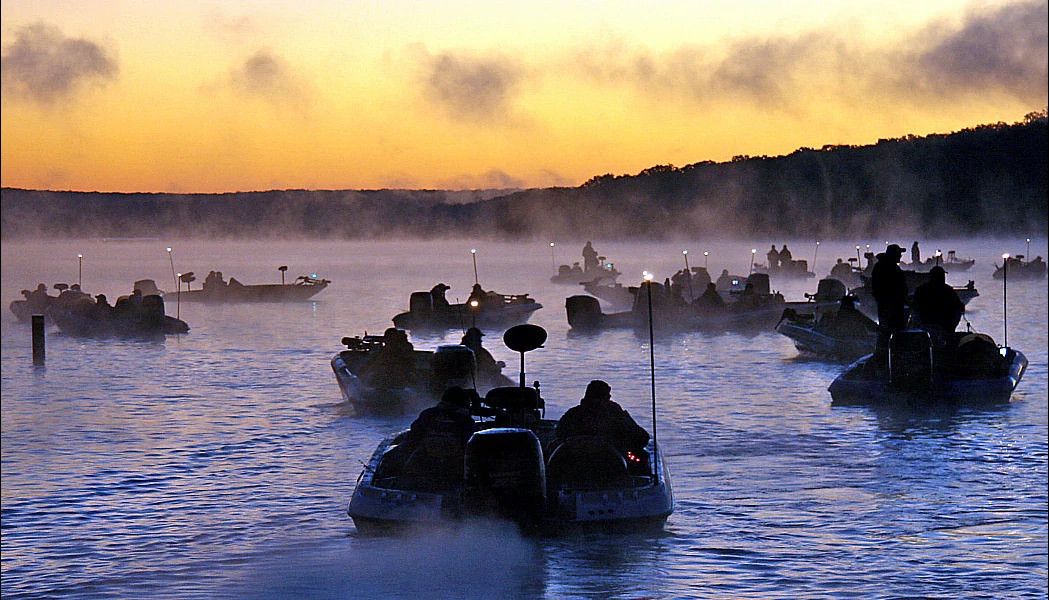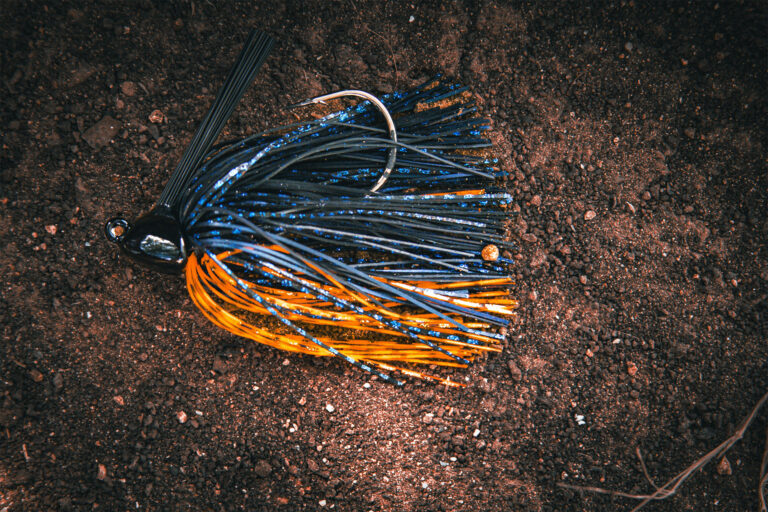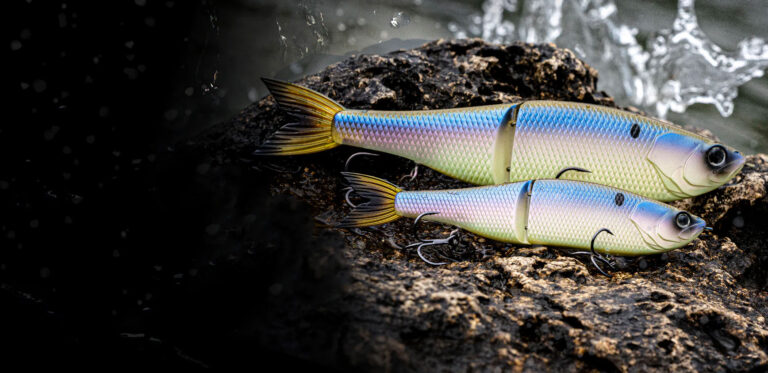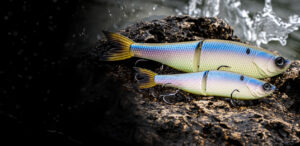Bass fishing tournaments can be thrilling, challenging, and rewarding for anglers at any level. Whether you’re aiming for your first tournament victory or just starting to test the waters in competitive bass fishing, it can feel like a whole new ball game. The pressure of competition, the need for strategy, and the desire to perform well can be overwhelming at first, but with the right knowledge and approach, you can set yourself up for success. In this blog post, we’ll share essential tournament bass fishing tips for beginners, covering everything from preparation to strategies that will help you fish like a pro.
1. Know the Rules of the Tournament
Before you hit the water, it’s critical to familiarize yourself with the rules of the tournament. Each event has its own set of guidelines, such as fishing boundaries, time limits, weigh-in procedures, and restricted gear. Not following the rules could result in penalties or disqualification, so always read the rulebook thoroughly. Key things to know include:
- Fishing Hours: Make sure you know when you’re allowed to start and end fishing.
- Bag Limit: Most tournaments have a limit on the number of fish you can catch and keep.
- Fishing Locations: Some tournaments restrict you to certain areas of the lake or river.
- Gear Restrictions: Certain types of baits, rods, or fishing methods might be prohibited.
2. Do Your Research on the Body of Water
One of the best ways to increase your chances of success in a bass fishing tournament is to research the body of water you’ll be fishing. If possible, spend time on the lake or river ahead of the tournament to familiarize yourself with key areas, potential hot spots, and overall conditions. Things to consider:
- Seasonal Patterns: Understand the typical seasonal behavior of bass in the area you’ll be fishing. Bass tend to act differently depending on the time of year, whether they’re spawning, feeding, or retreating to deeper waters.
- Water Conditions: Pay attention to factors like water clarity, temperature, and depth. Bass will often adjust their feeding behavior based on these elements, so knowing what to expect can help you pick the right techniques and lures.
- Fishing Pressure: Check if the body of water has been heavily fished recently. Bass may be more skittish in heavily pressured areas, so target less obvious spots.
3. Focus on Efficient Time Management
Tournament fishing isn’t just about catching fish—it’s also about making the best use of your time. The clock is always ticking during a tournament, so you’ll want to spend your time wisely by targeting productive areas and making quick decisions. Here are a few time management tips:
- Start Strong: The first hour or two can set the tone for the rest of the day. Start by targeting known hotspots or areas you’ve pre-scouted. This is often when fish are more active.
- Make Quick Decisions: If you’re not getting bites in a particular area, don’t waste too much time. Be willing to move to a new spot and adjust your tactics.
- Plan for the Weigh-In: Keep an eye on the time and plan your fishing accordingly so you’re not caught scrambling at the end of the tournament. Aim to leave enough time to catch your final fish or take advantage of last-minute opportunities.
4. Have a Solid Game Plan and Be Ready to Adapt
Every successful tournament angler knows the importance of having a game plan, but also the need to be flexible. Start with a strategy based on your pre-tournament research, but be prepared to adapt depending on what the fish are doing.
- Decide on a Target Species: Some tournaments may focus on specific species of bass (like largemouth or smallmouth), while others might have a broader catch limit. Decide which species to target based on your strengths and the current conditions.
- Stick to Your Strengths: If you’re more comfortable fishing shallow or deep, make that a part of your strategy. This will help you stay confident and focused.
- Be Ready to Change Tactics: If a certain technique or area isn’t producing, be ready to switch it up. Sometimes, bass fishing requires a little trial and error to find what works on the day of the tournament.
5. Focus on the Right Gear and Bait Selection
Your tackle box should be filled with the essentials, but also think strategically about which lures, baits, and gear will give you the best chance of success based on the conditions and your research. Here’s how to prepare:
- Bring a Variety of Lures: Bass are picky eaters, and they may want different baits depending on water temperature, clarity, and feeding habits. Include a variety of soft plastics, jigs, crankbaits, and topwater lures.
- Match the Hatch: Research the forage in the body of water you’ll be fishing (whether it’s shad, crawfish, or other local species) and use colors and patterns that match what bass are likely to be feeding on at the time.
- Use Fresh Bait: If you’re using live bait (like minnows or crawfish), make sure it’s fresh and in good condition.
- Check Your Gear: Ensure that your rods, reels, and line are in good working condition. A sudden equipment failure during a tournament can be a costly mistake.
6. Practice Proper Fish Handling
In a bass fishing tournament, every fish counts. You want to ensure that the fish you catch are handled properly to minimize stress and increase their chances of survival when returned to the water. Here’s how to handle your fish properly:
- Use a Fish Gripper or Gloves: To avoid harming the bass with hooks or hands, use a fish gripper or wear gloves.
- Keep the Fish in the Livewell: Use a well-oxygenated livewell to keep your catch alive until weigh-in.
- Minimize Stress: Try to keep the bass in the water as much as possible while unhooking it. If you must remove the fish from the water, make it as brief as possible.
7. Stay Calm and Stay Positive
Tournaments can be stressful, especially for beginners, but it’s important to stay calm and focused. Don’t get discouraged if you’re not catching fish right away. Stay positive and stick to your plan. Remember, even the best anglers have bad days on the water. Staying mentally tough and positive will help you make better decisions and stay focused when the pressure is on.
8. Learn from Experience
Every tournament, whether you win or lose, is an opportunity to learn and improve. Take notes on what worked, what didn’t, and what you could do differently next time. Over time, you’ll develop a better understanding of how to read water, predict fish movements, and refine your strategies for success.
Conclusion
Tournament bass fishing is an exciting way to challenge yourself and test your skills against other anglers. By doing your research, managing your time effectively, using the right gear, and staying calm under pressure, you’ll improve your chances of doing well. Remember, success in tournaments comes with practice and experience, so don’t be discouraged by setbacks. Keep learning, stay adaptable, and most importantly, enjoy the thrill of the competition!







